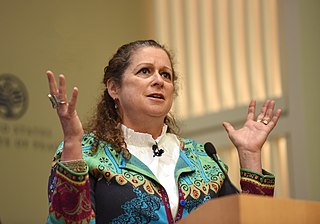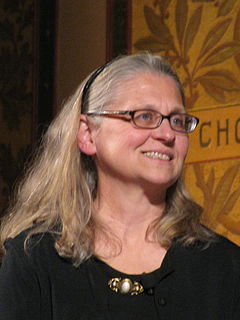A Quote by Sebastian Junger
I've stopped war reporting. I realized that I'd answered all of my questions about war and about myself.
Related Quotes
I realized how little I knew about my own country. I had grown up in the suburbs and, after college, I moved out of the country, so I didn't really know the place well. When I started following soldiers and their families back home, it provoked a lot of the questions about who we are as a nation, questions I realized couldn't be explored through the more limited framework of looking at the military at war and at home.
The part of the strangeness of coming back from the war is the way we talk about it. We try to have a discussion about the war that doesn't turn into a discussion about one political side or the other. I wanted to reach out and talk to people about it through fiction, the way a narrative can draw someone in and ask them those questions.
One of the reasons it's important for me to write about war is I really think that the concept of war, the specifics of war, the nature of war, the ethical ambiguities of war, are introduced too late to children. I think they can hear them, understand them, know about them, at a much younger age without being scared to death by the stories.

































